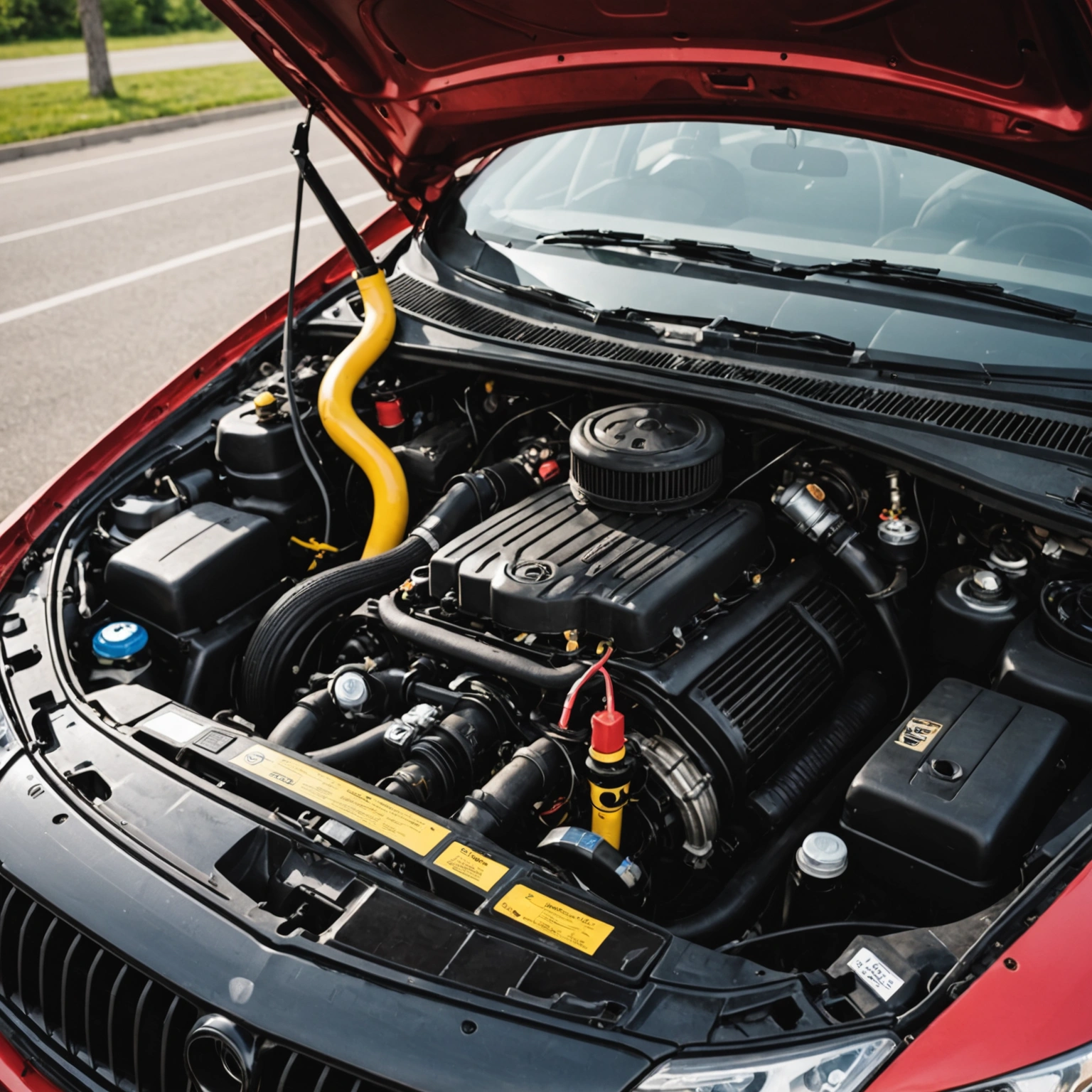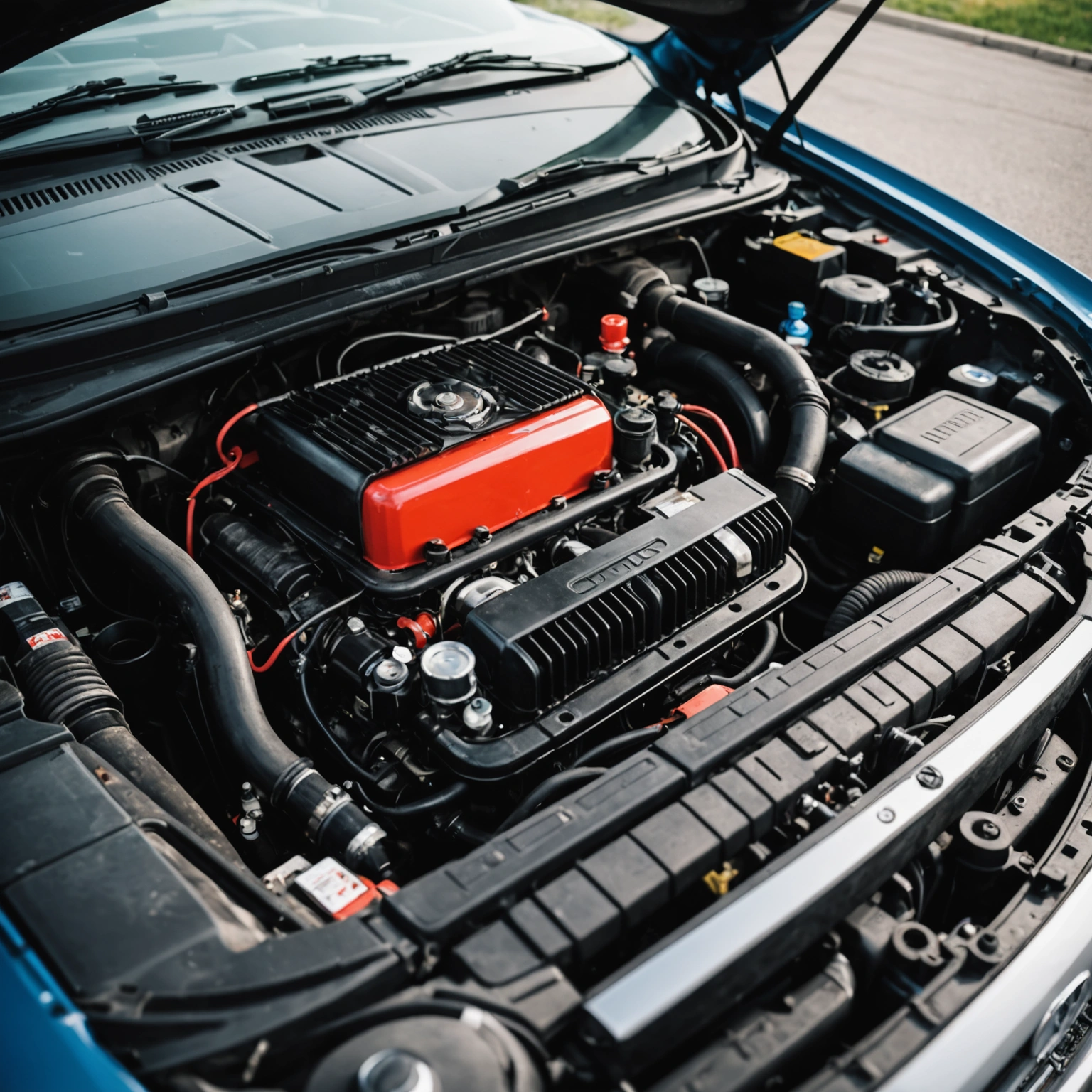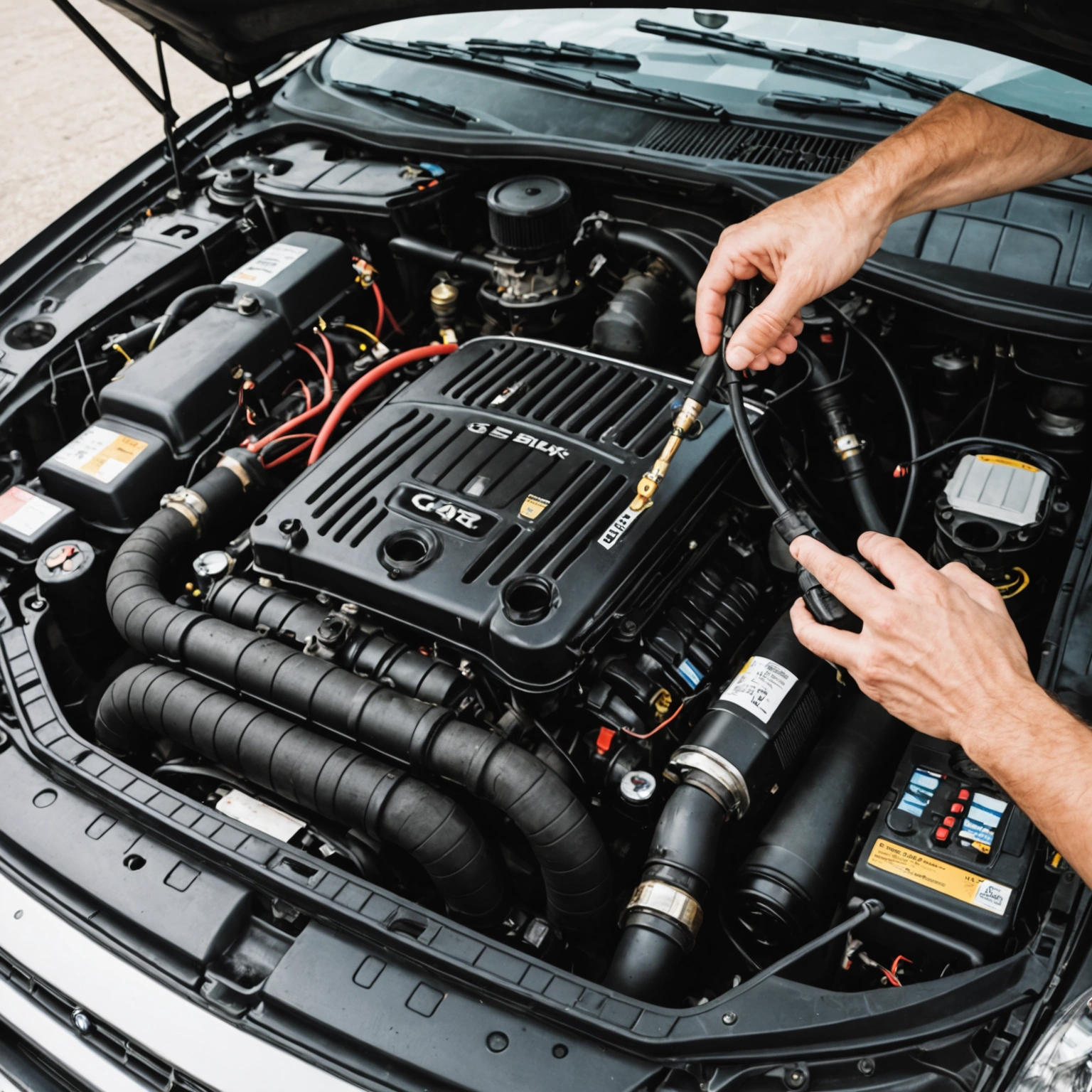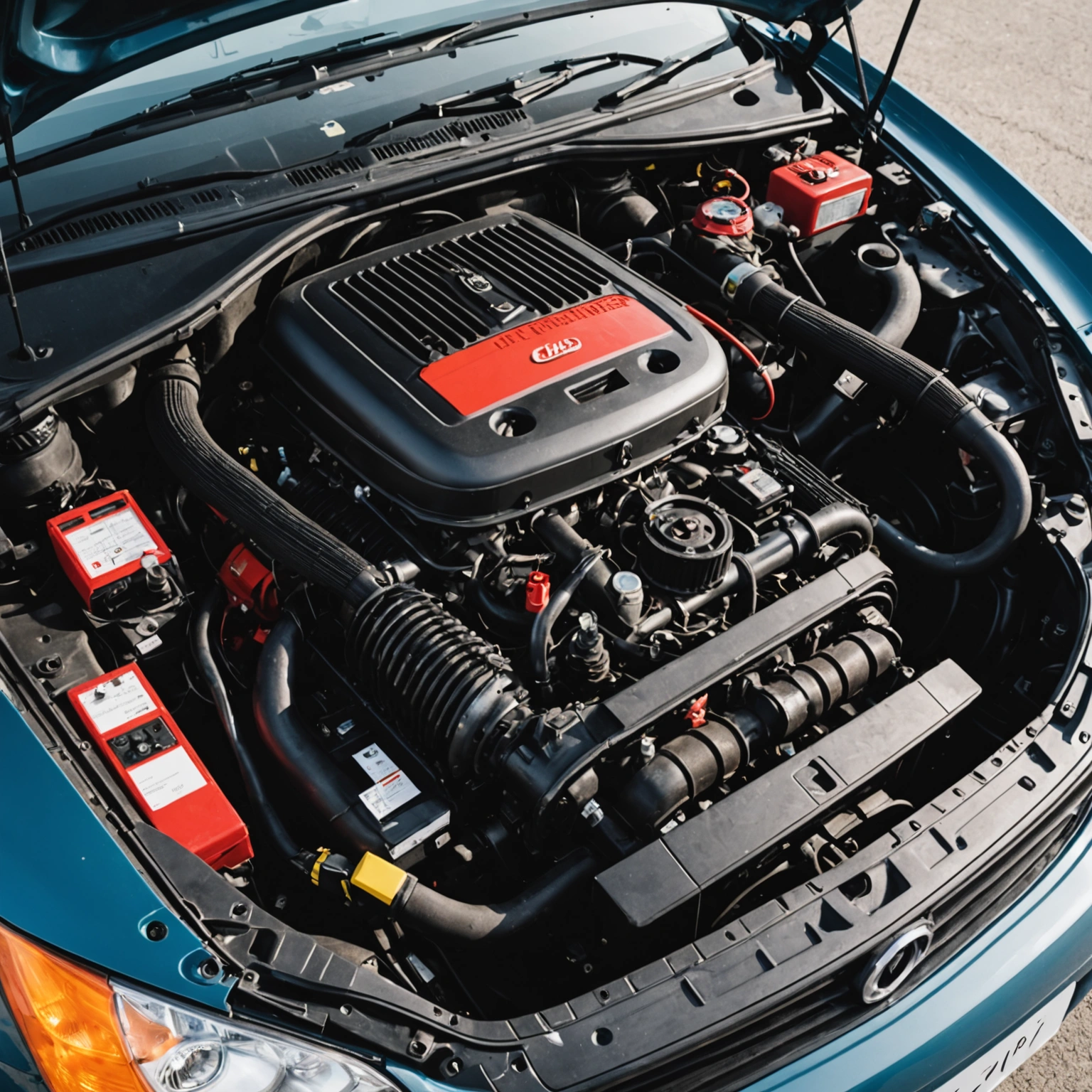**Why Does My Car Keep Overheating? Understanding the Causes and Solutions**
If you’ve noticed your car’s temperature gauge creeping into the red zone or your engine is frequently overheating, you’re not alone. Overheating can be caused by a variety of issues, and addressing it promptly is crucial to prevent serious engine damage. Here’s a comprehensive look at why your car might keep overheating and what you can do about it.

### Common Causes of Car Overheating
1. **Low Coolant Levels**

– The cooling system relies on the right amount of coolant (antifreeze) to regulate engine temperature. Low coolant levels, caused by leaks or neglect, reduce the system’s ability to absorb and dissipate heat.
2. **Coolant Leaks**

– Leaks can occur in hoses, radiator, water pump, or radiator cap. A persistent leak decreases coolant levels and impairs cooling efficiency.
3. **Faulty Radiator or Cooling Fan**

– The radiator dissipates heat from the coolant. Blockages, corrosion, or damage can hinder this process. Similarly, electric or mechanical cooling fans must operate correctly to cool the radiator.
4. **Thermostat Malfunction**
– The thermostat regulates coolant flow. If it gets stuck closed, coolant can’t circulate effectively, causing the engine to overheat.
5. **Water Pump Issues**
– The water pump circulates coolant throughout the engine. A failing pump can restrict flow, leading to overheating.
6. **Blocked or Dirty Radiator**
– Dirt, debris, or corrosion can clog the radiator fins, reducing heat transfer efficiency.
7. **Broken or Worn Hoses**
– Cracked or collapsed hoses can restrict coolant flow, impairing engine cooling.
8. **Head Gasket Failure**
– A blown head gasket can cause coolant to leak into the engine or exhaust gases to enter the cooling system, leading to overheating.
9. **Driving Conditions**
– Heavy traffic, towing, or driving in hot climates can strain the cooling system, especially if it’s already compromised.
### Signs of Overheating
– Rising temperature gauge
– Steam or coolant boiling over from the radiator
– Sweet smell or white smoke from the exhaust
– Loss of coolant without visible leaks
– Engine misfire or knocking
– Reduced engine performance
### What to Do If Your Car Overheats
1. **Pull Over Safely**
– Stop driving as soon as it’s safe. Continuing to drive can cause severe engine damage.
2. **Turn Off the AC and Turn On the Heater**
– This can help draw heat away from the engine temporarily.
3. **Allow the Engine to Cool**
– Don’t open the radiator cap immediately. Wait at least 30 minutes for the engine to cool down to avoid burns.
4. **Check Coolant Levels**
– Once cooled, inspect the coolant reservoir. If low, top up with the correct type of coolant.
5. **Look for Leaks**
– Check under the vehicle and around hoses for signs of leaks.
6. **Seek Professional Help**
– If you’re unsure of the problem or if the overheating persists after topping up coolant, have a mechanic diagnose and repair the issue.
### Preventative Tips
– Regularly check and maintain coolant levels.
– Schedule routine cooling system flushes.
– Inspect hoses and radiator for damage or debris.
– Replace the thermostat and water pump as recommended.
– Ensure the radiator fan is functioning properly.
– Keep the radiator clean and free of obstructions.
—
**In Summary:**
Your car keeps overheating due to issues within the cooling system, such as low coolant, leaks, faulty components, or blockages. Regular maintenance and prompt attention to cooling system problems can help prevent overheating and extend the life of your engine. If overheating continues despite basic measures, consult a professional mechanic to diagnose and fix the underlying issue.

